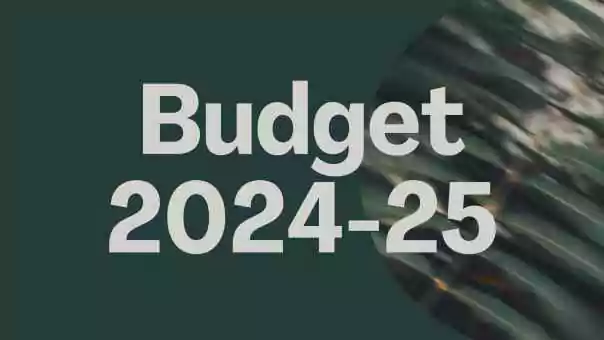Pakistan has intensified its fiscal measures by increasing the tax burden on the nation as it seeks approval for the 2024-25 budget. The government has added further amendments to the earlier proposed Finance Bill 2024, imposing additional taxes to meet revenue targets.
In the initial budget for 2024-25, the government of Pakistan had announced taxation measures worth Rs1.761 trillion. However, the recent amendments introduced in the Finance Bill 2024 have increased the tax burden. One of the notable amendments includes a 10 percent surcharge on the tax liability of every individual, including salaried individuals and associations of persons, where the taxable income exceeds Rs10 million.
According to the amendments, a surcharge will be payable by every individual and association of persons at the rate of 10 percent of the income tax imposed under Division-I of Part-I of the First Schedule for taxable incomes exceeding Rs10 million. This move is aimed at generating additional revenue from high-income earners to address the budget deficit.
Furthermore, the government of Pakistan has imposed a 10 percent sales tax on stationery items, excluding exercise and textbooks. This measure is likely to impact students and educational institutions, increasing the cost of essential learning materials.
The Federal Excise Duty (FED) on cement has also been increased from Rs3 per kg to Rs4 per kg through an amendment in the Finance Bill. In the original budget for 2024-25, the FED on cement was increased from Rs2 per kg to Rs3 per kg. This hike is expected to affect the construction industry, raising the cost of building materials and potentially impacting infrastructure projects.
In addition to the increased excise duty on cement, the government of Pakistan has raised the excise duty on international air travel. The FED of Rs15 per kg will now apply to the supply of white crystalline sugar by any person to a manufacturing, processing, or packaging entity. This measure is aimed at generating additional revenue from the sugar industry.
The Federal Board of Revenue (FBR) has introduced a capital value tax (CVT) on farmhouses and residential houses within the Islamabad Capital Territory based on the area of the property, irrespective of its value. The CVT will be Rs500,000 for farmhouses with an area between 2,000 and 4,000 square yards and Rs1,000,000 for those exceeding 4,000 square yards. For residential houses, the CVT will be Rs1,000,000 for properties between 1,000 and 2,000 square yards and Rs1,500,000 for those exceeding 2,000 square yards.
The amended Finance Bill 2024 also includes a significant hike in the excise duty on business and club class air tickets. For economy and economy plus air tickets issued on or after July 1, 2024, a duty of Rs12,500 will be applicable. Individuals traveling to the Middle East and African countries, including destinations like Dubai and Saudi Arabia, will face a duty of Rs105,000 on their business/club class air tickets, up Rs30,000 compared to the previous fiscal year.
Travelers to the United States and Canada will now pay Rs100,000 excise duty per business/club class ticket. For individuals traveling to North America, Latin America, and Canada, the duty has been increased from Rs250,000 to Rs350,000 per business/club class ticket. The duty on business and club class tickets to European destinations has been increased by Rs60,000 to Rs210,000, while the duty for traveling to New Zealand and Australia has also been raised to Rs210,000.
For travel to China, Malaysia, and Indonesia, the excise duty on business and club class tickets has been increased to Rs210,000. These measures are expected to generate additional revenue from international travelers, particularly those traveling in higher classes.
According to tax experts, the reduced rate of 8.5 percent and 12.75 percent for hybrid vehicles with engine capacities of up to 1800cc and between 1801-2500cc, respectively, will continue. However, the proposed amendments have limited this benefit until June 30, 2026.
The government of Pakistan has also extended the sales tax benefits given to the erstwhile tribal areas for another year until June 30, 2025. This extension is intended to support economic development in these regions.
The amended Finance Bill 2024 reveals that the rate of duty will be three percent of the gross amount of consideration involved where the buyer appears on the active taxpayer list. This applies to the allotment or transfer of commercial property and the first allotment or transfer of open plots or residential property by any developer or builder.
The decision of the government of Pakistan to impose additional taxes through the amended Finance Bill 2024 reflects its efforts to address the fiscal challenges facing the country. However, these measures are likely to increase the financial burden on individuals and businesses, potentially impacting economic growth and development.
